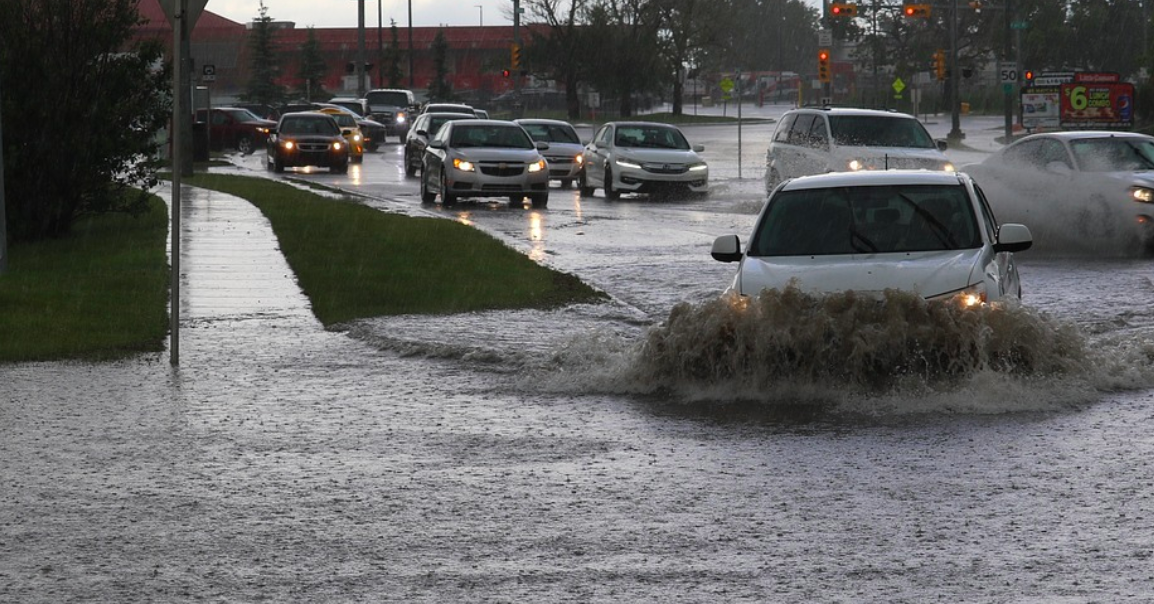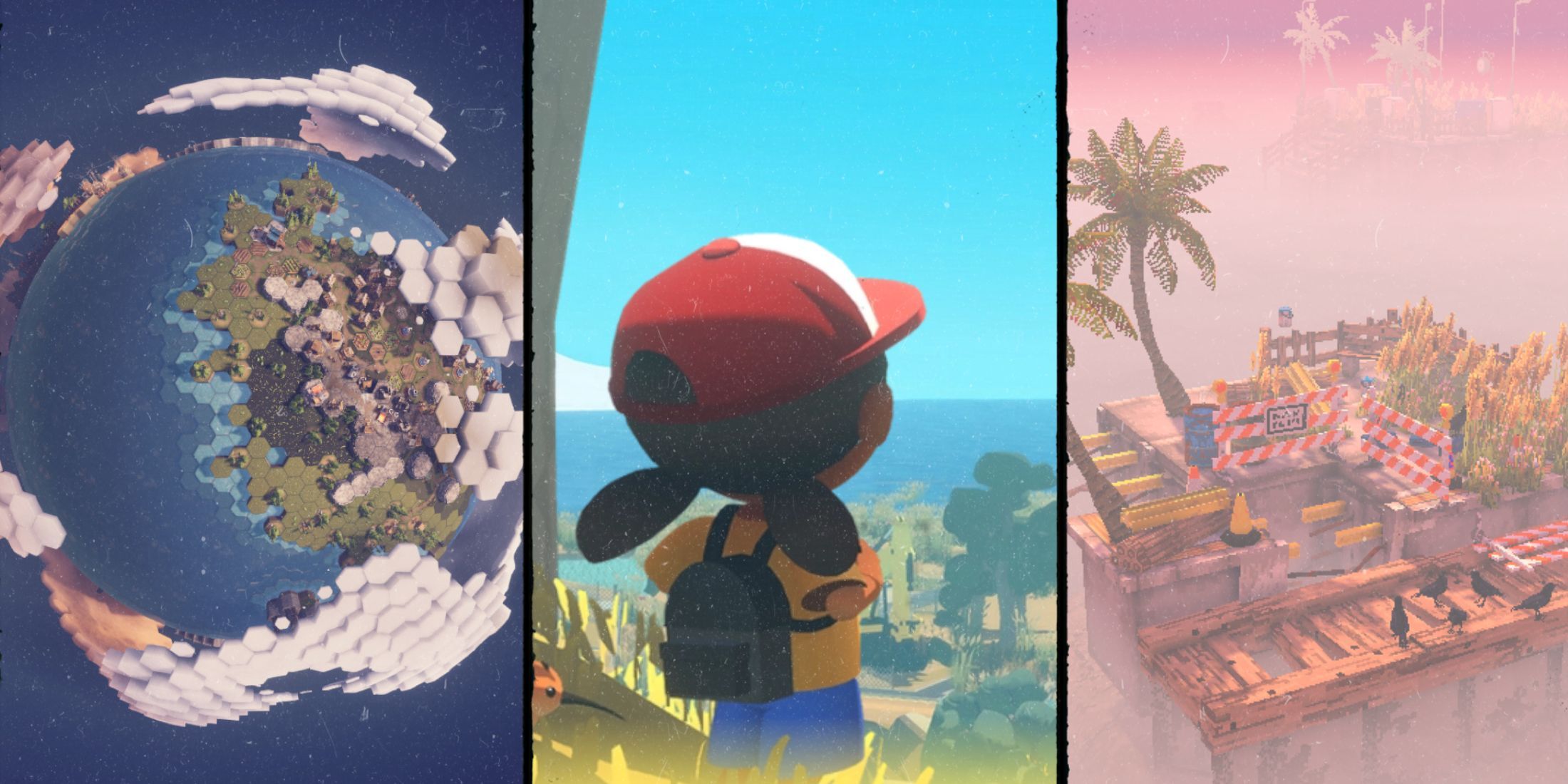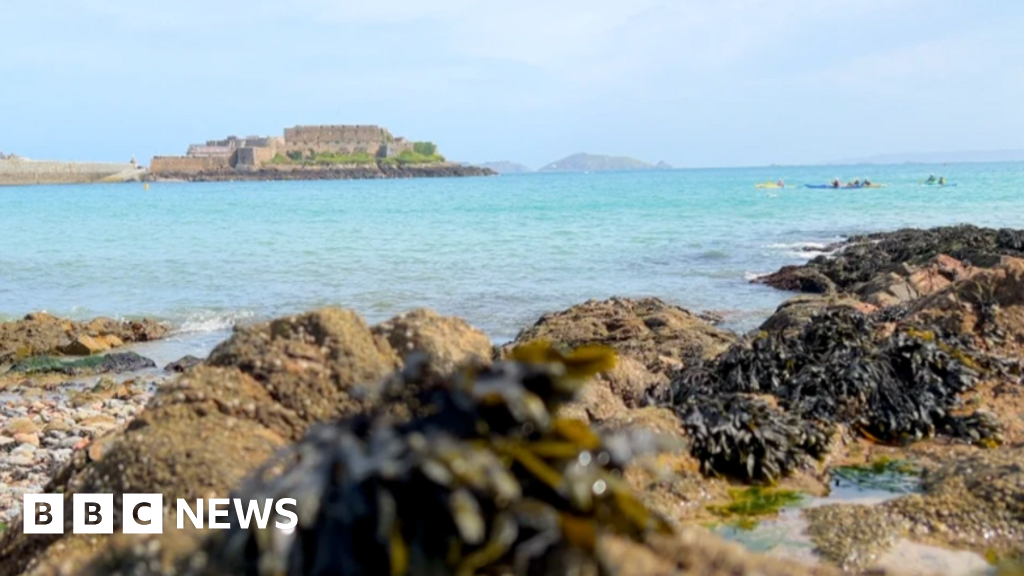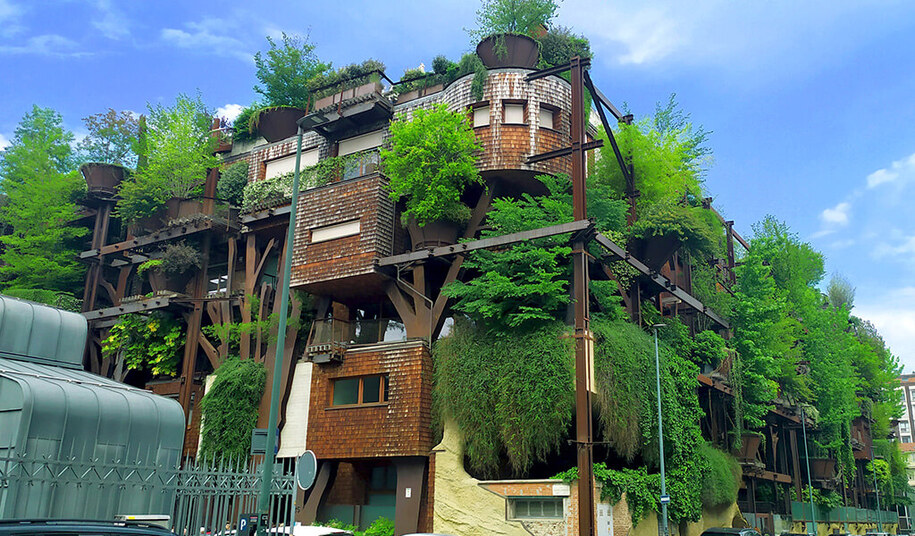
Extreme Weather Swings: How Climate Change is Causing Dangerous 'Hydroclimate Whiplash'
Hydroclimate Whiplash: The Alarming Weather Phenomenon Transforming Our Planet
Imagine a world where weather patterns swing dramatically between extreme wet and dry conditions with breathtaking speed. This is the reality of hydroclimate whiplash, a climate phenomenon that is rapidly becoming more frequent and intense across the globe.
Hydroclimate whiplash represents a jarring meteorological shift where regions experience sudden, radical transitions from prolonged drought to intense rainfall, or vice versa. These abrupt changes are not just inconvenient—they're potentially devastating for ecosystems, agriculture, and human communities.
Scientists are increasingly concerned about the accelerating frequency of these extreme weather transitions. Climate change is driving these rapid shifts, disrupting traditional weather patterns and challenging our understanding of environmental stability. From parched landscapes suddenly drenched in torrential rains to lush regions quickly transforming into arid zones, hydroclimate whiplash is reshaping our planet's environmental landscape.
The implications are far-reaching: water resource management, agricultural planning, and disaster preparedness must now account for these unpredictable and volatile weather dynamics. As our climate continues to evolve, understanding and adapting to hydroclimate whiplash becomes crucial for global resilience.









